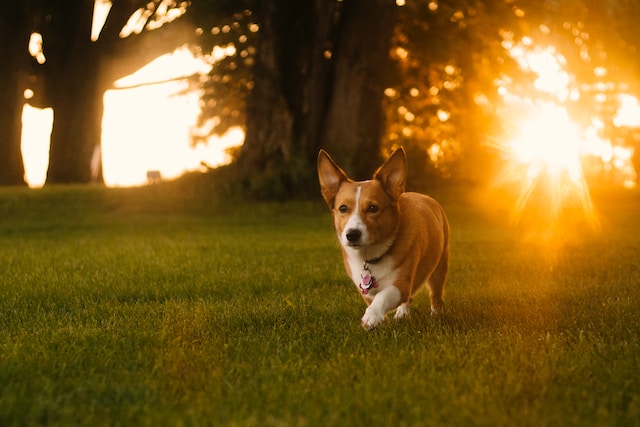Genevieve Gunn
Unafraid to speak his mind, a trailblazer for LGBTQ+ rights, and a friend to all dogs around the globe.
These are just some of the ways I could describe the national treasure that was Paul O’Grady.
His sudden death last month at the age of 67 has left a hole in the hearts of many. It wouldn’t be wrong to say that the sky had gained another star.
Paul’s Life
Paul was born in 1955 in the Northern town of Birkenhead, and gained notoriety for his work as the iconic Lily Savage in the 80s. Paul is widely regarded as being the UK’s first “mainstream drag queen”: he began performing weekly at the LGBTQ+ cabaret venue, The Royal Vauxhall Tavern, and soon made it onto television screens.
It’s clear that Paul paved the way for shows like RuPaul’s Drag Race to be successful in the UK… even if he didn’t like it very much.
An activist at heart
Of course, Paul’s newfound fame didn’t stop him from being an advocate for the LGBTQ+ community. He headlined Stonewall’s Equality show in 1993, which campaigned for an equal age of consent for both gay and straight individuals. I recognise how privileged I am to not have experienced the same institutional homophobia as people like him – and I’m grateful for the activists that came before me to ensure that was the case.
Paul never stopped standing up for what he felt was right. For example, he spoke out against the Conservative Party in his self-titled show, which ran for fifteen seasons over ten years. Rather famously, he remarked that he wanted to see David Cameron and George Osborne’s “heads on spikes”. A daring move, I have to say – but his outspokenness was incredibly admirable.
It wasn’t only people that he defended, either: his love for animals was undeniable. Paul was an ambassador for Battersea Dogs and Cats Home – and his TV show was titled ‘Paul O’Grady: For the Love of Dogs’, which I think speaks for itself.
Paul O’Grady’s Impact
As a gay person myself, it means so much to see aspects of queer culture being televised. Growing up with people like myself on screens truly helped me to understand my own identity. It made me feel far less alone, and so much more hopeful for the future.
As someone who isn’t familiar with many older gay people, I’ll be forever grateful to Paul O’Grady for showing me that gay people do get old, and do go on to have happy lives with fulfilling careers.
Paul O’Grady’s life, although cut short, was an inspiring one. His memory will live on through his work, legacy and quite possibly in the form of a statue in his hometown – at the time of writing, a petition to build one stands at 128,000 signatures.
May he rest in peace.
Featured image courtesy of Jacob Van Blarcom on Unsplash. No changes were made to this image. Image license found here .

